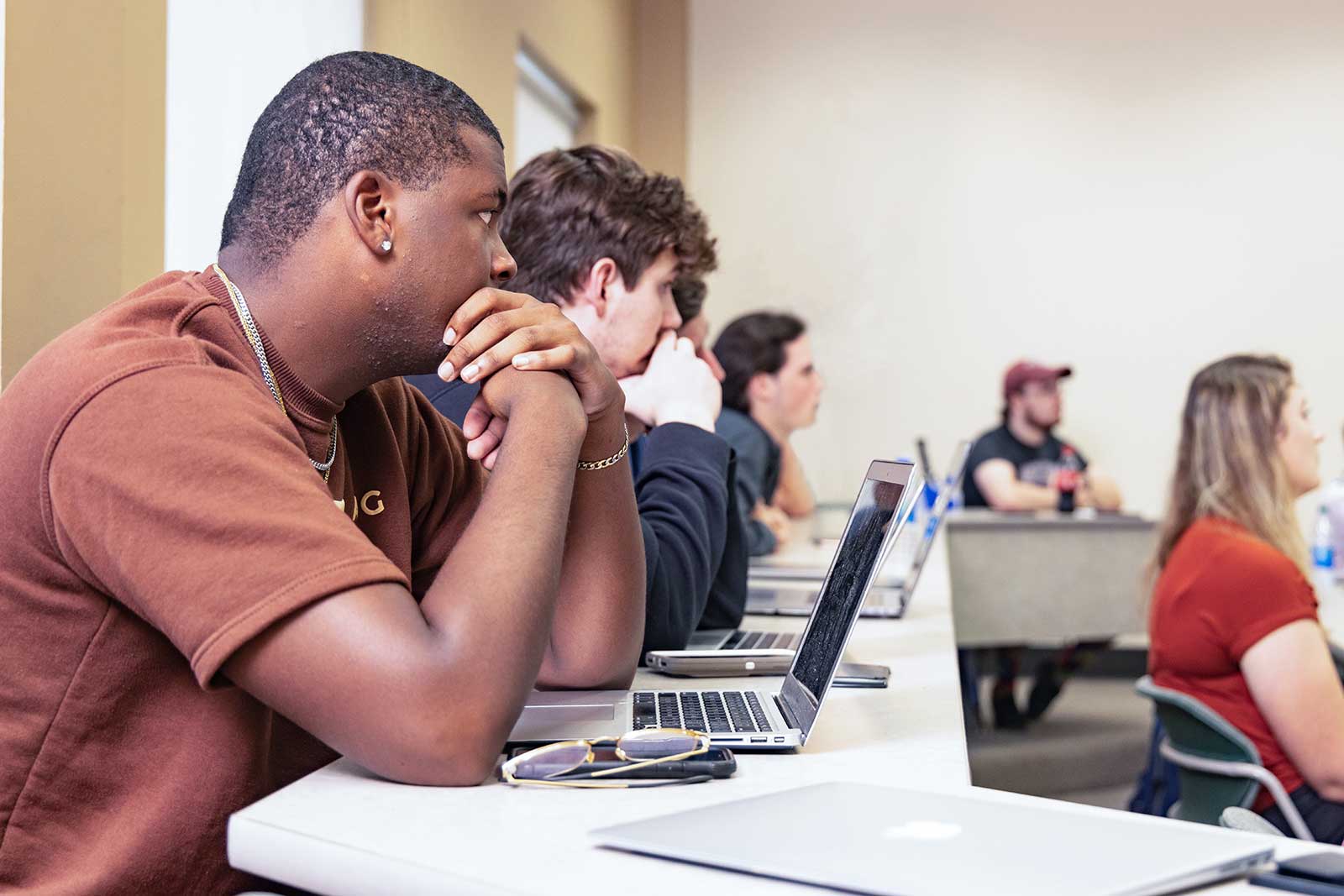Course Descriptions
Overview of Course Descriptions
College course descriptions are written summaries or outlines that provide information about the content, objectives, and requirements of a particular academic course offered by a college or university. These descriptions serve as valuable resources for students, advisors, and faculty members to understand what a course covers, what skills and knowledge it aims to impart, and what prerequisites or requirements are needed to enroll in it.

Course descriptions typically include:
- Course Title: The official title of the course, often indicating the subject or field of study.
- Course Code: A unique identifier assigned to the course, which is often used for registration purposes.
- Course Overview: A brief overview of the course’s content and objectives, providing a general sense of what the course will cover.
- Learning Outcomes: Specific goals that students should achieve by the end of the course, including the skills, knowledge, and abilities they should have acquired.
- Topics Covered: An outline of the main topics, concepts, and subject matter that will be addressed during the course.
- Prerequisites: Any requirements or prior knowledge necessary for enrolling in the course. This could include specific courses, grade levels, or competencies.
- Course Format: Information about how the course will be delivered, whether through lectures, discussions, labs, or other formats.
- Assessment Methods: Details about how students will be evaluated, including assignments, exams, projects, presentations, and participation.
- Textbooks and Materials: Information about required textbooks, reading materials, software, or tools necessary for the course.
- Credit Hours: The number of credit hours or units associated with the course. This indicates the amount of time and effort expected from students.
- Instructor Information: The name of the instructor or instructors teaching the course.
Using course descriptions is important for several reasons:
- Curriculum Planning: Students can use course descriptions to plan their academic schedules and select courses that align with their interests, major requirements, and future career goals.
- Prerequisite Understanding: Course descriptions help students understand if they meet the prerequisites for a particular course, ensuring they have the necessary background knowledge.
- Academic Advising: Academic advisors can use course descriptions to guide students in making informed decisions about their course selections and academic pathways.
- Course Comparison: Students can compare course descriptions to determine which course is a better fit for their learning objectives and preferences.
- Transparency: Course descriptions provide transparency about what will be taught in a course, helping students avoid enrolling in courses that don’t align with their expectations.
- Degree Requirements: Students can ensure they are fulfilling degree requirements by selecting courses that satisfy specific program or major requirements.
- Enrollment Decisions: Students can make informed decisions about whether a course is suitable for their skill level and interests before enrolling.
In summary, college course descriptions are essential tools for students and educators alike, as they provide crucial information needed to make informed decisions about course enrollment and academic planning. In each major, minor or graduate program there is a link to information regarding course descriptions.
